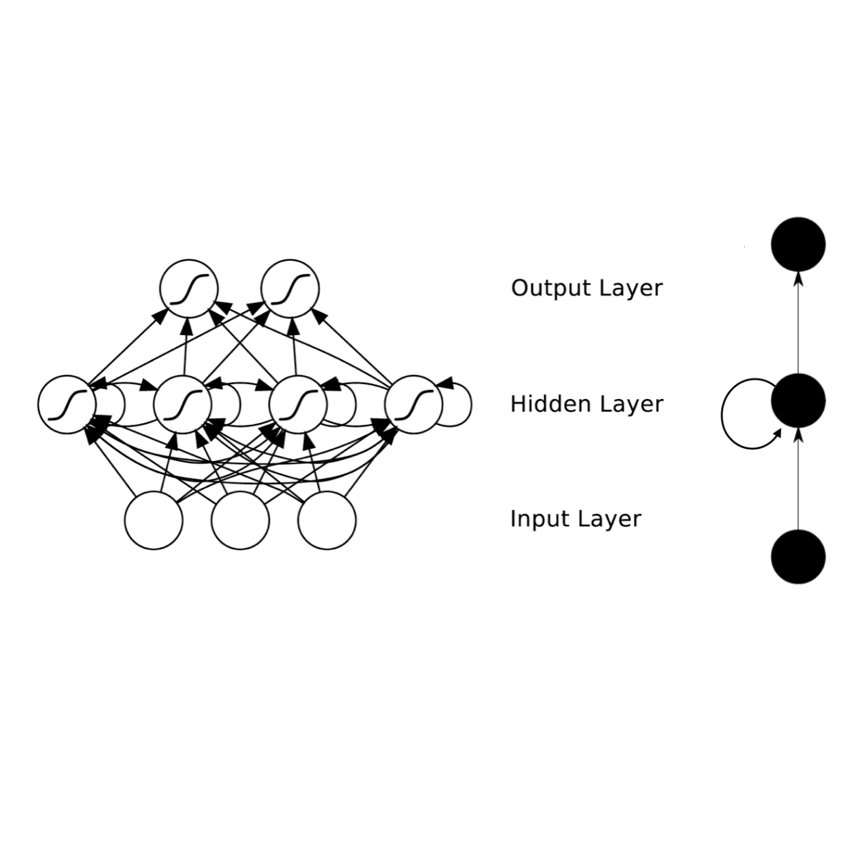Wireless applications that use high-reliability low-latency links depend critically on the capability of the system to predict link quality. This dependence is especially acute at the high carrier frequencies used by mmWave and THz systems, where the links are susceptible to blockages. Predicting blockages with high reliability requires a large number of data samples to train effective machine learning modules. With the aim of mitigating data requirements, we introduce a framework based on meta-learning, whereby data from distinct deployments are leveraged to optimize a shared initialization that decreases the data set size necessary for any new deployment. Predictors of two different events are studied: (1) at least one blockage occurs in a time window, and (2) the link is blocked for the entire time window. The results show that an RNN-based predictor trained using meta-learning is able to predict blockages after observing fewer samples than predictors trained using standard methods.
翻译:使用高可靠性低长链路的无线应用程序,关键取决于该系统预测连接质量的能力。这种依赖性在毫米Wave和THz系统所使用的高载频中特别尖锐,因为其链接容易受到阻塞。预测高可靠性的阻塞需要大量数据样本来培训有效的机器学习模块。为了减轻数据要求,我们引入了一个基于元学习的框架,利用不同部署的不同部署的数据优化共享初始化,从而降低任何新部署所需的数据集大小。研究了两种不同事件的预测者:(1) 时间窗口至少出现一个阻塞,(2) 整个时间窗口的链接被堵塞。结果显示,使用元学习培训的基于RNN的预测器在观察的样本少于使用标准方法培训的预测器之后,能够预测阻塞。





